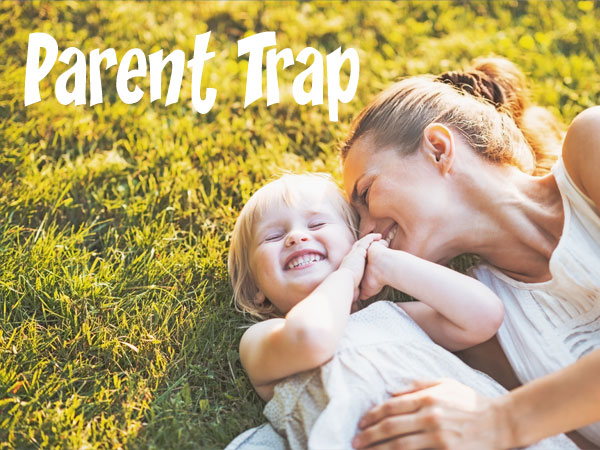Every kid complains of excessive homework, but these days, parents have joined the chorus of ‘more may not be better.’ Many parents and students have succumbed to the prevailing notion that the primary focus of childhood should be getting top grades, taking AP classes and building a college résumé. But this ignores the importance of social-emotional intelligence, critical thinking and the arts. Grade school has become predominantly about high school prep, and high school about college prep. Fifty-six percent of students consider homework the primary source of their stress, and lots of kids are stressed these days, starting in grade school.
There has been one core belief driving this issue: Education can be improved if there is more of it—more time in school, more testing and more homework. A number of events have intensified this thought process throughout history. In 1957, the Soviet launch of the Sputnik spacecraft caused our country to fear we were falling behind the Russians in the space race. The Nation at Risk report in 1983 stated we were falling behind other countries in national test scores. We were afraid Japan was going to take over the U.S. in the ’90s, and the No Child Left Behind program further pushed the notion that in order to outdo our competitors, we needed more testing and harder curricula. The amount of homework increased with each scare.
Denise Pope’s research at Stanford University reveals the following: There is no correlation between homework and academic achievement in grade school; only a slight correlation in middle school—and only for assignments that take less than one hour; and some correlation in high school, decreasing after two hours of study. Pediatricians in the first half of the 20th century felt that homework posed a threat to the emotional and mental health of children, and that kids needed to go outside and play after school. Unfortunately, unstructured down time is at a premium these days, though that is when kids learn best and produce their most creative thoughts. Even worse, the majority of kids’ unstructured time today is spent on electronics.
Students need to have more freedom in how they structure their time and explore their interests. Childhood is the time to find out who you are and what you love to do, and this is learned best by exploring passions at your leisure. We need to change our definition of success when it comes to childhood and education. I encourage you to connect with other parents and advocate for less homework and a more balanced family life.
Tim Jordan, M.D., is a behavioral pediatrician who specializes in counseling girls ages 6 through college. He recently launched an online video parents course, Taking Flight: Everyday Parenting Wisdom to Help Girls Soar. For more information, visit drtimjordan.com.
